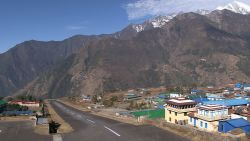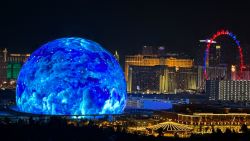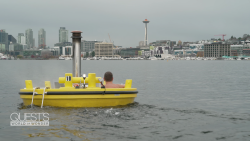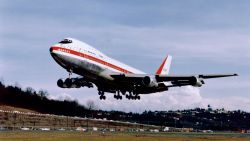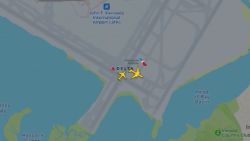Story highlights
Chinese authorities expect 2.5 billion trips by land during the "chunyun" mass migration
Total distance traveled is 1.2 billion kilometers -- equivalent of traveling from Earth to Saturn
In terms of raw numbers in almost every category, the Chinese New Year Spring Festival is the largest human event on the planet.
In the seven days of the Lunar New Year, Chinese are expected to spend more than $100 billion on eating and shopping (almost twice as much as Americans spend on Thanksgiving) and buy railway tickets online at a rate of more than 1,000 per second.
But it’s when millions of Chinese people go home for the Chinese New Year Spring Festival during “chunyun” – the annual spring migration – that China’s flair for organization on a gargantuan scale really comes into its own.
In 2017 – the Year of the Rooster – Chinese authorities expect holidaymakers to make 2.5 billion trips by land, 356 million by rail, 58 million by plane and 43 million by sea over the 40-day period, which starts on January 13 and lasts until February 21.
MORE: What does the biggest human migration on earth look like on a map?
Rocket to Saturn
While the average individual trip last year was about 410 kilometers, the total number of trips is expected to reach 1.2 billion kilometers (745 million miles): the equivalent of eight times the distance from Earth to the Sun or a leisurely rocket ride to Saturn.
And numbers are growing – this year by 2.2%, so says the state council of the People’s Republic of China.
That’s because most of China’s eastern seaboard ups stakes to visit relatives in inland rural areas.
Transport networks have set new highs for “chunyun” numbers almost every year for the past decade, the council said.
MORE: 11 things to know about Lunar New Year
Rail revolution
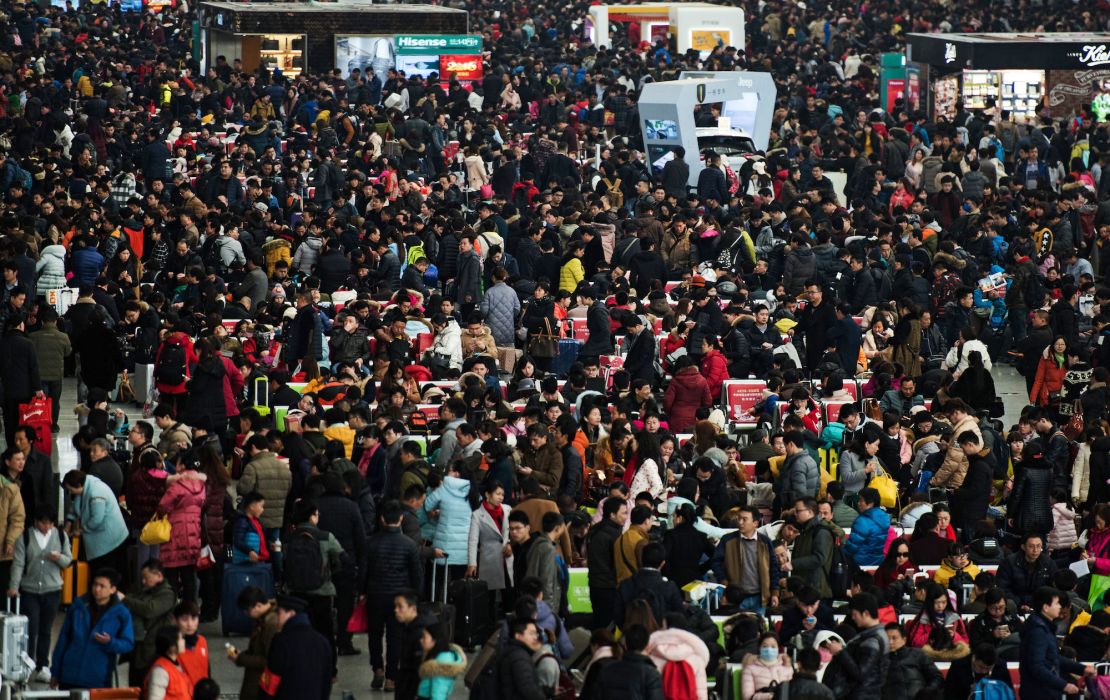
Taking the strain is China’s high-speed railway network, now increased to 20,000 kilometers in total – the world’s longest.
China’s total rail network stands at more than 121,000 kilometers, the second largest in the world after the United States.
The “chunyun” phenomenon isn’t just a marvel of logistics – bus and railway ticket halls can clear massive lines at breakneck speed – it also shows how modern China is changing.
Trains are sardine-packed with thousands of snoozing students, reflecting education reforms that have greatly expanded the number of university places over the past decade.
Snappily dressed office girls in high heels can be seen picking their way through plowed fields on their way home, a product of the mass migration of rural people to China’s mainly coastal cities in search of better-paid jobs in service industries and factories)
MORE: Tens of thousands trapped at Chinese train station in holiday travel rush
Motorway mayhem
Many of China’s new middle classes will opt to drive in private cars and traffic mayhem is now a regular feature of the holiday period.
Many others, however, will choose to escape the frenzy altogether and take a vacation abroad – increasingly an option for China’s newly minted nouveau riche.
State media estimated that 6 million made the decision to pass the Spring Festival abroad in 2016 and online bookings per capita for overseas independent trips was up 30% to 6,800 yuan ($985).




